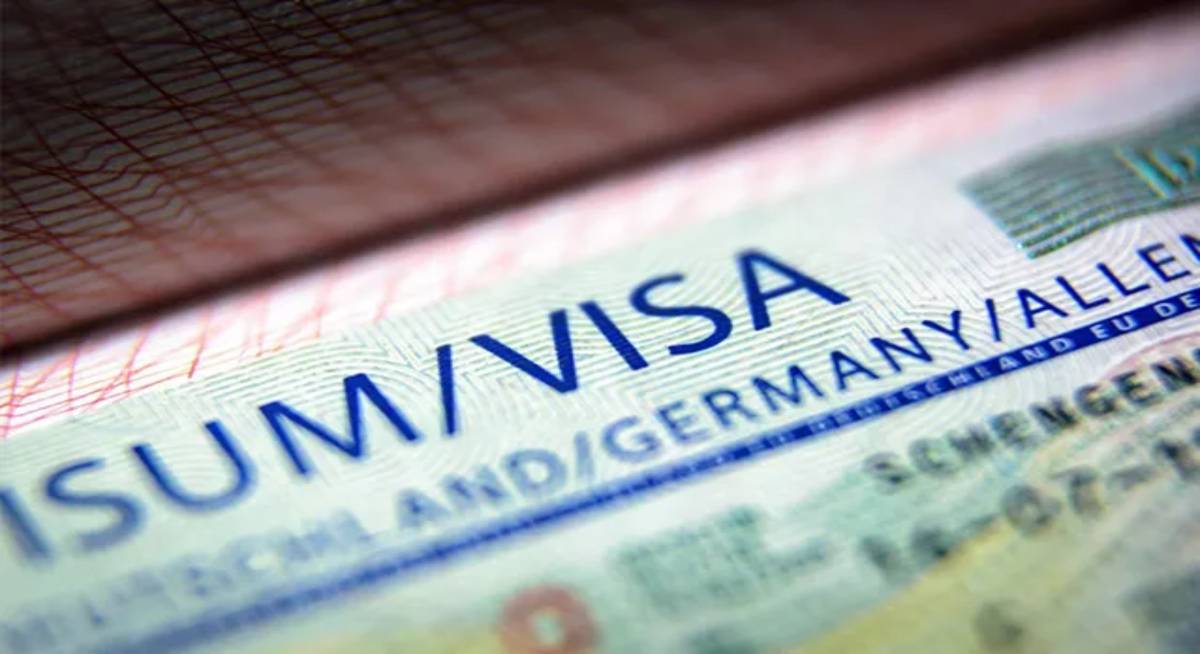Germany to grant 200,000 skilled worker visas in 2024
Labour crisis prompts reforms to attract foreign professionals with Canadian-style points system

Germany, facing acute labour shortages with 1.34 million vacant positions, has set a target to issue 200,000 professional visas by the end of 2024, representing a 10 percent rise from last year.
This development follows the implementation of the Skilled Immigration Act and the introduction of a points-based Opportunity Card system inspired by Canada.
Interior Minister Nancy Faeser said, "Talented young people can more easily complete their training and studies in Germany. Thanks to the Opportunity Card, people with experience and potential can now find a suitable job more quickly and easily."
Fachkräfte können jetzt schneller nach Deutschland kommen und durchstarten - in Pflege, Handwerk, Industrie und anderen Bereichen, wo sie dringend gebraucht werden. Die Zahlen nach einem Jahr zeigen, dass unsere Reform wirkt. @hubertus_heil @ABaerbock https://t.co/v0w4W46XLf
— Nancy Faeser (@NancyFaeser) November 17, 2024
Foreign Minister Annalena Baerbock highlighted the urgency of the labour crisis, stating, "Every year, Germany lacks 400,000 bright minds and even more hands that make our country strong ... This is slowing down our economy."
Baerbock, a member of the Greens, also emphasised efforts to streamline visa application processing, which is now centralised in the Federal Office for Foreign Affairs' largest visa center for skilled workers in Brandenburg an der Havel. She added that advancing digitisation is a key priority to enhance efficiency in handling applications.
Government data indicates a surge in various visa categories:
- Non-EU student visas rose by over 20%.
- Vocational training visas increased by two-thirds.
- Applications for foreign qualification recognition jumped nearly 50%.
Germany has created 1.6 million jobs over the past five years, with 89 percent of those positions filled by foreign workers.
How Germany’s points-based system works
The Opportunity Card evaluates applicants based on attributes such as:
- Age: Younger professionals receive higher scores.
- Qualifications and work experience: Specialised skills in healthcare, IT, and engineering are prioritised.
- Language skills: Basic German proficiency earns points, with English accepted in some fields.
- Previous connections to Germany: Education or work experience in the country boosts eligibility.
Applicants must demonstrate financial self-sufficiency, with a minimum of €1,000 required monthly during their stay.
Germany's immigration reforms come as the far-right Alternative for Germany (AfD) party, polling at 19%, ramps up its anti-immigration rhetoric ahead of February’s snap election. Critics argue the country struggles to integrate its growing migrant population effectively.